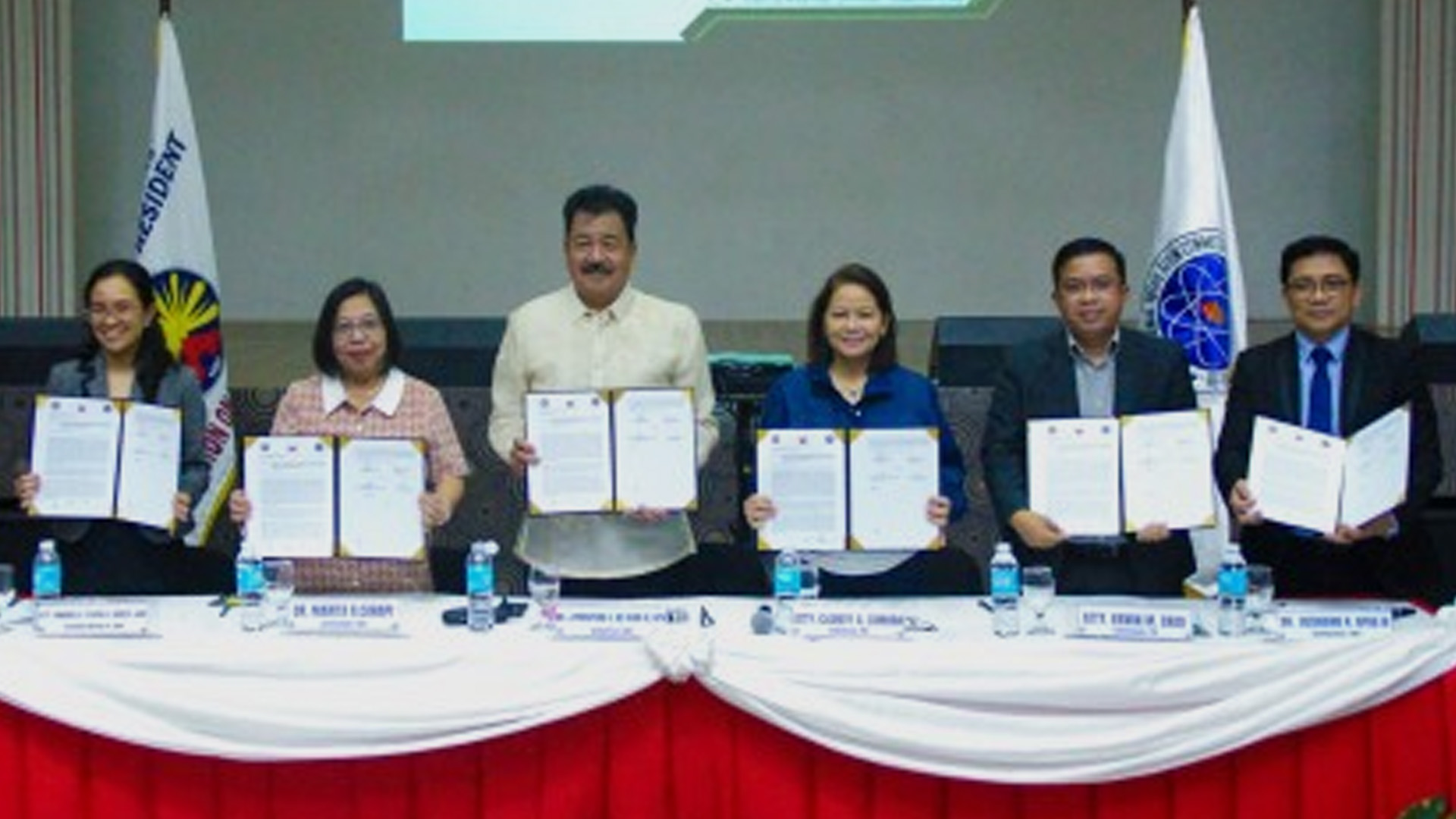The Commission on Higher Education (CHED) on Wednesday vowed to ensure quality assurance among all degree programs with licensure examinations in higher education institutions (HEIs) under the administration of President Ferdinand R. Marcos Jr.
This came after the CHED and PRC signed a joint circular to enforce a more stringent mechanism that will prompt state universities and colleges (SUCs) to secure the certificate of program compliance (COPC) or similar CHED-recognized national, regional, or international quality assurance certification.
“That is the legacy that no administration in the past has ever achieved. It is a legacy that we make sure happens in this administration,” CHED Chairperson J. Prospero de Vera III said in a speech.
“We have promised the President that one of the legacies of the Marcos administration is that it is only under the Marcos Administration that all degree programs are quality assured, particularly those that have licensure examinations,” he added.
Under the joint CHED-PRC circular, licensure programs in all HEIs must secure COPC and other higher quality assurance certification to ensure quality education and competence of graduates.
This will also mean a more stringent implementation of mechanisms and monitoring of compliance among state universities and colleges (SUCs) and local universities and colleges (LUCs).
De Vera said securing a COPC, a quality assurance system for degree programs, is considered a bare minimum that hasn’t been complied with by some SUCs and LUCs.
“We expect the SUCs to have quality assurance in place. Meaning, monitoring systems of their curriculum, the performance of their students, and corrective actions because quality assurance does not end in opening degree programs. It also includes closing degree programs that are not good,” he said.
In particular, the COPC requires HEIs to secure the hiring of qualified teachers, adequate laboratories, and updated curriculum for degree programs to prepare students for licensure examinations; as well as national and international standards in the workplace, among others.
“We expect them to address their non-compliance. Meaning, that if their faculty is non-qualified, then they should hire qualified faculty. If they lack the equipment, then they should buy the equipment. Especially that many of our SUCs, if not all of them have excess income that they have not used to buy their equipment,” De Vera said.
For its part, the PRC vowed to strictly enforce the mechanism nationwide.
“Talagang very strict po tayo. Ang mga regional offices po ay magiging firm na rin on this stand dahil nagkaroon tayo ng recommitment sa implementation ng (We are really strict. Our regional offices will be firm on this stand because we had a recommitment in the implementation of) quality assurance,” PRC Chairperson Charito Zamora said in a press conference.
She noted that degree programs without COPC are already to be considered as “non-existent.”
De Vera, meanwhile, warned those who cannot meet the COPC to phase out non-compliant programs.
For those who have met the minimum compliance, he urged SUCs and LUCs to undergo higher assurance quality systems.
“Once they have their COPC, we expect them to continue their quality assurance systems going up. Meaning they must now subject themselves to accreditation and target regional and international quality assurance systems,” De Vera said.
All HEIs, meanwhile, were given until September to secure COPC. (PNA)







